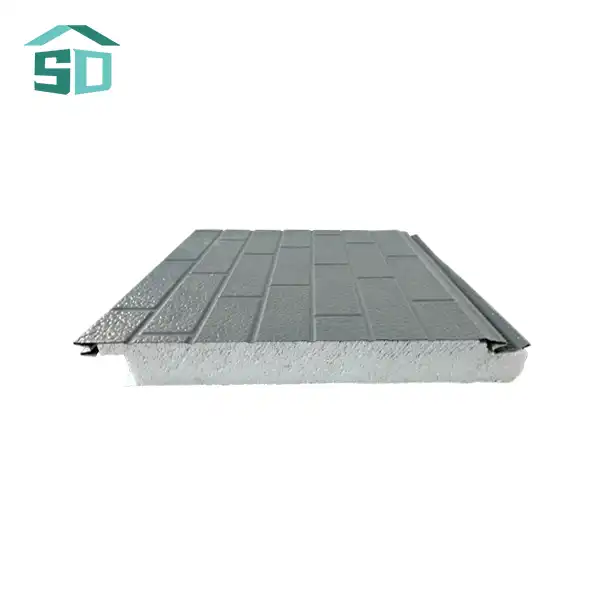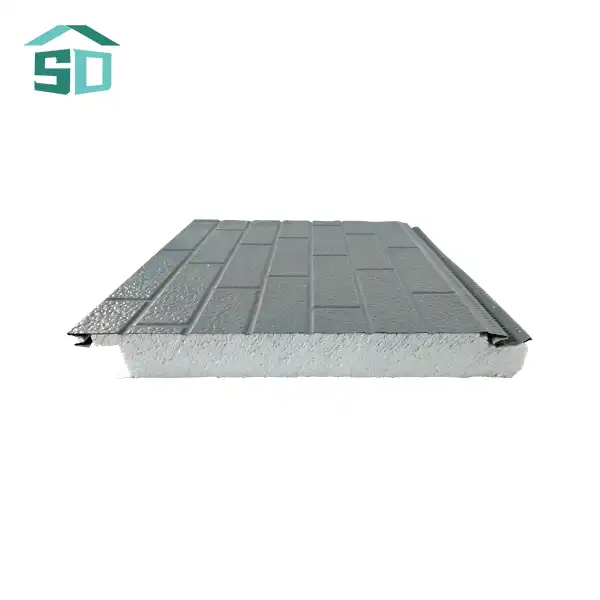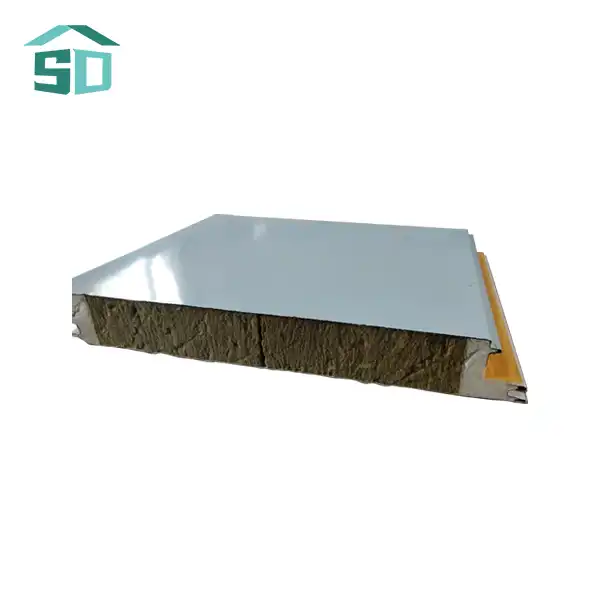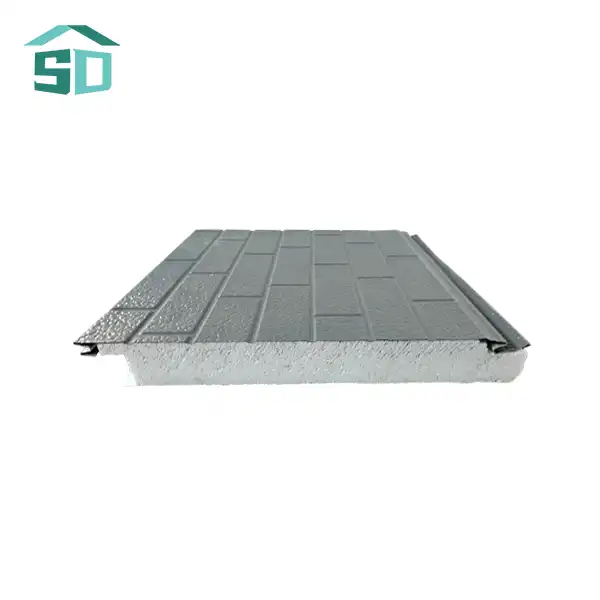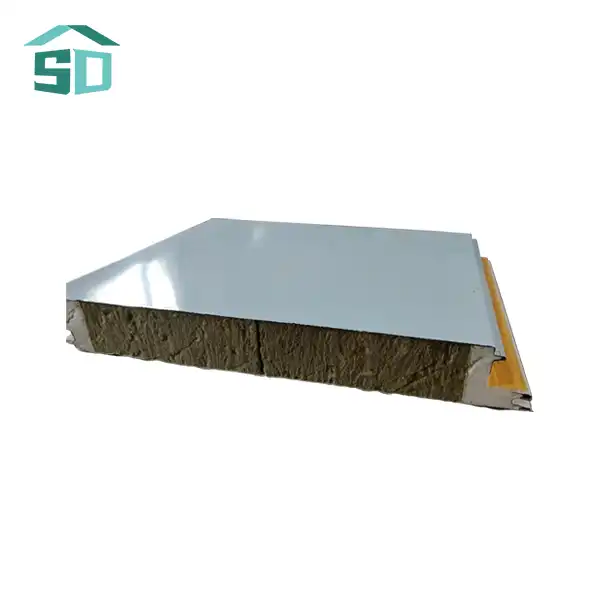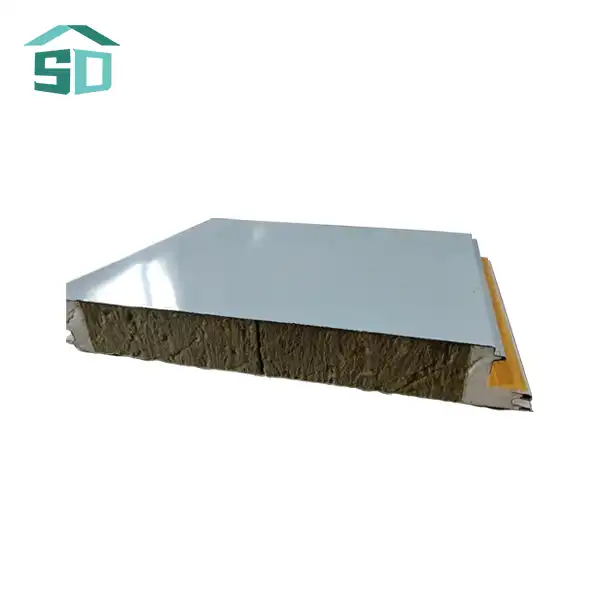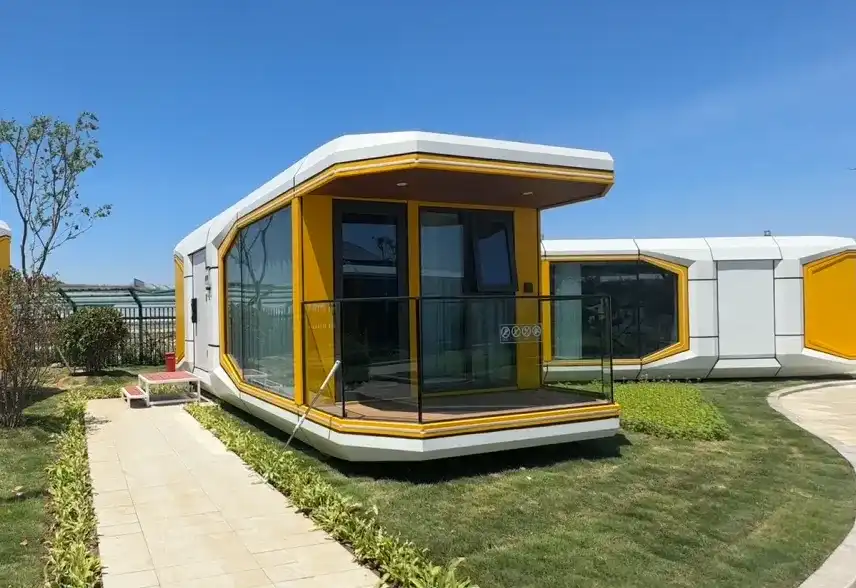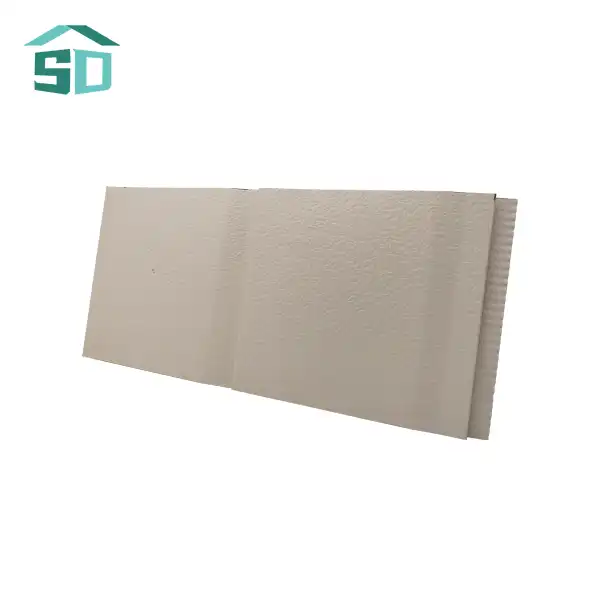Unveiling the Versatility of Internal Decorative Wall Panels
Internal decorative wall panels are reshaping the landscape of interior design by delivering a wide range of advantages that go far beyond visual appeal. Crafted to suit the evolving needs of contemporary environments, these panels seamlessly blend style with practicality—achieving results that conventional wall finishes often fall short of providing.
Customization: Your Walls, Your Way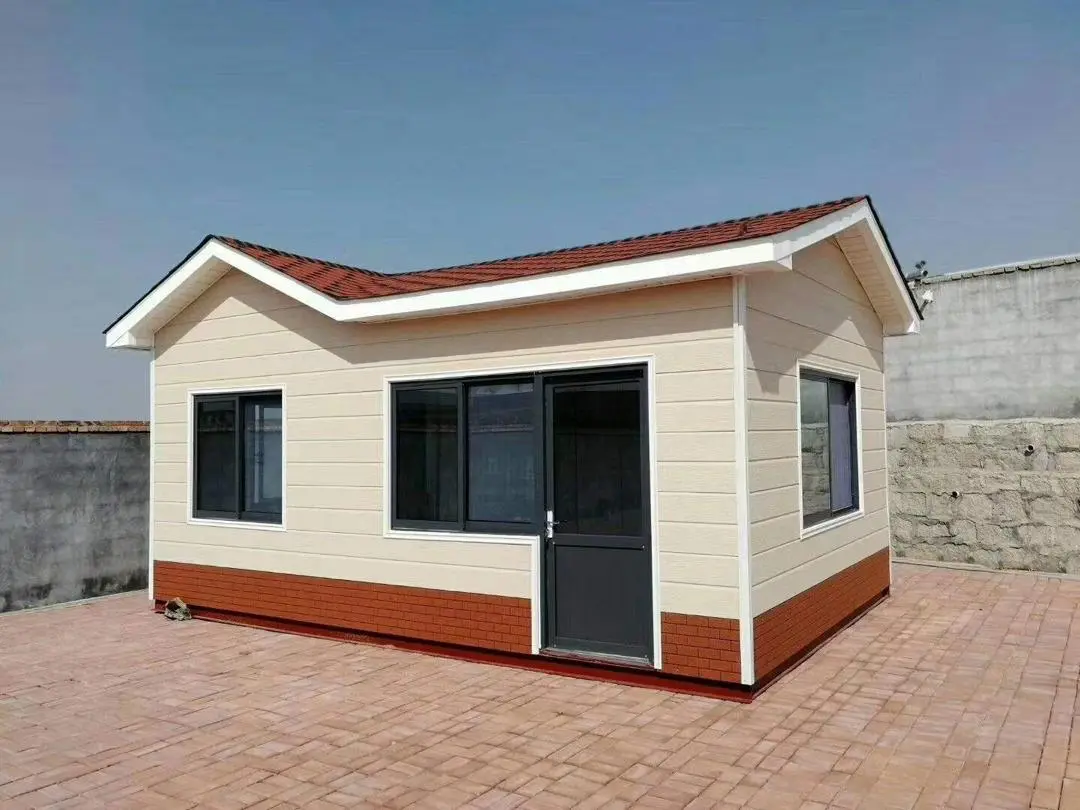
A standout feature of internal decorative wall panels is the remarkable degree to which they can be customized. Both homeowners and interior professionals appreciate the wide selection of styles, hues, and surface finishes available. This adaptability makes it possible to craft interiors that genuinely mirror personal taste and design intent. Whether the goal is a clean, understated aesthetic with simple tones or a dramatic effect using vivid patterns, the design possibilities are nearly endless.
Durability Meets Design
Beyond their aesthetic appeal, internal decorative wall panels are engineered for durability. These robust panels are built to withstand the rigors of daily life, making them ideal for high-traffic areas in both residential and commercial settings. With a compressive strength of 52.7kpa, they offer exceptional resistance to impacts and wear, ensuring that your walls maintain their beauty for years to come. This durability factor translates to long-term cost savings, as the need for frequent repairs or replacements is significantly reduced.
Energy Efficiency: A Hidden Benefit
In an era where energy conservation is paramount, internal decorative wall panels offer a surprising advantage. With a thermal conductivity of 0.018W/m.k and a thermal resistance of 2.09m2k/w, these panels provide excellent insulation properties. This enhanced thermal efficiency can lead to noticeable reductions in heating and cooling costs, making them an environmentally conscious choice that pays dividends over time. The energy-saving comfort they provide adds another layer of value to their already impressive list of benefits.
Safety and Longevity: The Cornerstones of Quality Panels
When investing in internal decorative wall panels, safety and longevity are paramount considerations. High-quality panels are designed not just to beautify spaces but also to provide peace of mind through enhanced safety features and long-lasting performance.
Fire Safety: A Top Priority
Safety is a non-negotiable aspect of any interior design element, and internal decorative wall panels are no exception. Leading manufacturers prioritize fire safety, producing panels with impressive fire-protection ratings of B1/B2. This classification indicates that the panels are flame retardant, significantly reducing the risk of fire spread in the event of an emergency. The use of non-flammable materials in panel construction further enhances their safety profile, making them a responsible choice for both residential and commercial applications.
Weathering the Elements: Corrosion and Moisture Resistance
While primarily designed for interior use, quality internal decorative wall panels are built to withstand various environmental challenges. With a remarkably low waterproof rate of 0.0008, these panels offer exceptional resistance to moisture, preventing issues like warping or mold growth that can plague traditional wall coverings. This moisture resistance not only preserves the panels' aesthetic appeal but also contributes to a healthier indoor environment by inhibiting the growth of harmful microorganisms.
Structural Integrity: Built to Last
The longevity of internal decorative wall panels is further enhanced by their impressive structural integrity. With a wind resistance rating of 8.0 Kpa, these panels can maintain their form and function even in challenging conditions. This robust construction ensures that the panels remain securely in place, resisting the effects of time and usage that might cause lesser materials to deteriorate or fail. The result is a wall treatment that continues to look fresh and perform optimally long after installation, offering exceptional value for your investment.
Elevating Interior Design: The Ultimate Fusion of Form and Function
Internal decorative wall panels represent the pinnacle of modern interior design solutions, offering a seamless blend of aesthetic appeal and practical functionality. As we delve deeper into their capabilities, it becomes clear why these panels have become a favorite among architects, designers, and homeowners alike.
Versatility in Application
The adaptability of internal decorative wall panels is truly remarkable. Available in customizable lengths and with interior thicknesses of 10mm and widths of 450mm, these panels can be tailored to fit virtually any space. This flexibility makes them suitable for a wide range of applications, from residential living rooms and bedrooms to commercial offices and retail spaces. The ability to mix and match panels allows for creative expression, enabling the creation of unique focal points or cohesive design themes throughout an interior.
Innovative Materials and Construction
The effectiveness of internal decorative wall panels lies in their innovative construction. With surface material thicknesses ranging from 0.23mm to 0.27mm, these panels strike the perfect balance between lightness and durability. This thoughtful design allows for easy installation without compromising on strength or longevity. The use of advanced materials in their construction contributes to their impressive performance metrics, including thermal efficiency and fire resistance, making them a technologically advanced solution for modern interiors.
A Sustainable Choice for Modern Living
In an age where sustainability is increasingly important, internal decorative wall panels offer an eco-friendly alternative to traditional wall treatments. Their energy-efficient properties contribute to reduced carbon footprints, while their durability means less frequent replacements and, consequently, less waste. Moreover, many manufacturers are now focusing on using recyclable materials in panel production, further enhancing their environmental credentials. By choosing these panels, consumers can make a style statement that aligns with their values of sustainability and responsible consumption.
Conclusion
Internal decorative wall panels represent a revolutionary approach to interior design, offering a perfect balance of affordability, style, and functionality. Their customizable nature, combined with impressive durability and safety features, makes them an ideal choice for those looking to transform their spaces without compromising on quality or aesthetics.
As the demand for versatile, sustainable, and cost-effective interior solutions continues to grow, these panels are poised to play an increasingly significant role in shaping the future of interior design. For those interested in exploring the possibilities of internal decorative wall panels for their next project, we invite you to contact us at info@sdqsc.com for expert guidance and a wide selection of options to suit your unique needs.
References
1.Zhang, Y., & Wang, L. (2020). Performance evaluation of composite wall panels for interior decoration: A focus on thermal insulation and mechanical strength. Journal of Building Engineering, 31, 101387.
2.Chen, X., & Liu, H. (2019). Flame retardant properties of decorative interior materials: Advances and standards. Construction and Building Materials, 211, 255–263.
3.Khosravi, H., & Nasrollahi, N. (2021). Sustainable materials for interior design: Evaluating environmental performance of wall cladding systems. Sustainable Cities and Society, 68, 102774.
4.Lee, S. Y., & Kim, J. H. (2018). Customization trends in architectural interior surfaces: A user-centered approach. Journal of Interior Design, 43(4), 25–39.
5.Ahmed, A., & Ali, H. (2022). Moisture and mold resistance of wall panel materials in humid environments. Building and Environment, 210, 108680.
6.Rossi, F., & Marchi, L. (2017). Innovative cladding materials for commercial interiors: A study on structural integrity and wind resistance. Engineering Structures, 142, 92–100.
